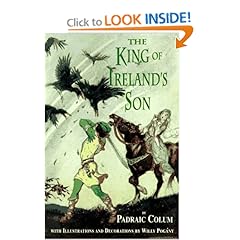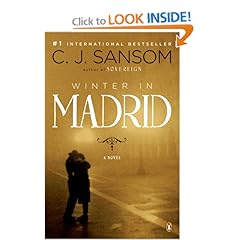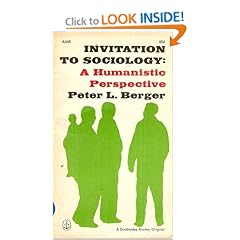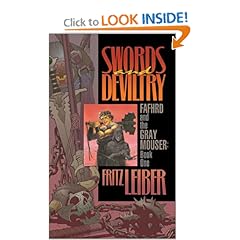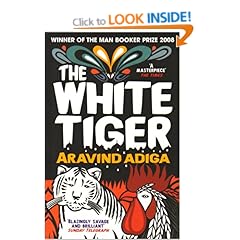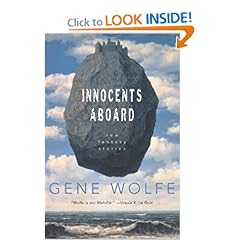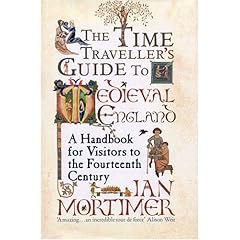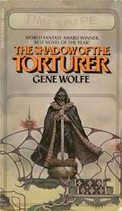
I reread two novels by two of my favorite fantasy writers.
The Shadow of The Torturer by Gene Wolfe is the first in the Book of the New Sun series. I originally read it about 16 years ago. I enjoyed it and appreciated it far more this time around.
Set in a future so distant that the sun is dying. Wolfe uses the conceit of a found manuscript and a future history. He reinforces the feeling of strangeness by using archaic words and describes strange alien vistas.
Severian is expelled from the guild of Torturers for an act of compassion, he aids a prisoner in taking her own life. Dispatched to some distant regional town we follow his travels though a sprawling metropolis peopled with individuals strange and dangerous.
Severian is a unreliable narrator, albeit one with a perfect memory so we cannot always be sure of the veracity of what is reported. Underlying this is the author's own metaphysical, often neoplatonic musings informed by his own deep seated Catholic faith
Lyonesse III: Madouc by Jack Vance's is the last in the trilogy and the weakest. Far more whimsical than Wolfe, Vance's strength is his dialog. All his characters engage in rich and witty dialogue. The only downside being that since a 10 year old princess and an aging con artist use a similar turn of phrase character can al time blend in to one.
The series is brought to a climatic if somewhat rushed conclusion. Loose ends are ties up and each charater is given their own happy ending My problem is mostly with the pacing of the first half of the book and particularly of the episode involing Madouc herself.
While her escapades are often humorous they lack both the originality and verve of the adventures from the earlier novels.
Overall a fun read and not a bad conclusion to the series but weaker than the first two novels.
